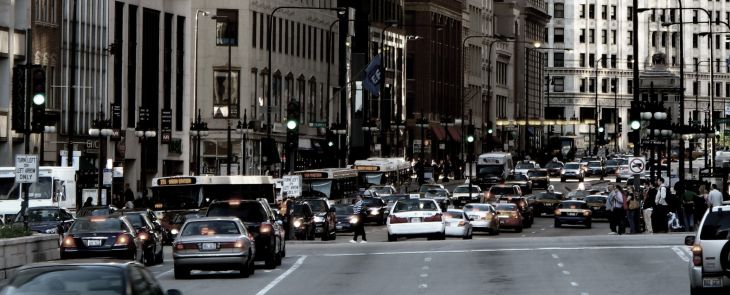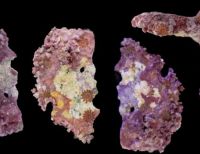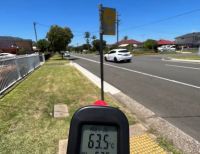While previous research has supported the existence of racial profiling in policing, the demographics of the person being stopped are often measured against the makeup of the adjacent neighbourhood in the US, rather than the demographics of road users across a city or broader region.
“Looking simply at the surrounding area is not the best approach for understanding what is happening across a city because people who drive are often going through a neighbourhood and not to it,” said Professor Levinson, who is Director of the University of Sydney’s TransportLab.
“There are numerous theories proposed to establish and understand the sources of police racial bias in traffic enforcement, but it is hard to deny that it exists. Assuming speed camera violations (as well as red light camera violations) are similar in rate to other traffic violations by race, we established that ‘differential offending’ – the idea that one race of people is more criminal than another – cannot alone explain the number of police stops by race.
“Traffic enforcement authorities in the US should investigate and understand how racial biases might be ingrained in traffic systems. There may also be biases ingrained in where police choose to conduct traffic stops and where authorities place enforcement cameras,” said Professor Levinson.
“While traffic rule enforcement is important for road safety, these stops should not be used as a pretextual smokescreen for other purposes. It is important this issue is investigated, not only in the interest of fairness, but because it is well established that Black people are killed by police at a higher rate than other groups in the United States. A police stop can potentially be very dangerous for a Black driver.”
This higher likelihood of speed camera tickets and of police stops was found on most street segments except on those that had more than 70 percent Black road users’ share of travel.
The researchers investigated Chicago, where the best data was available due to both its extensive traffic camera system, and because its police stop data were released publicly under a previous Freedom of Information Act request.
“However the problem is national across much of the US, and we suspect in other countries, including Australia, with disadvantaged minority populations,” said Professor Levinson.
Image credit: Ryan Ready, Flickr
















